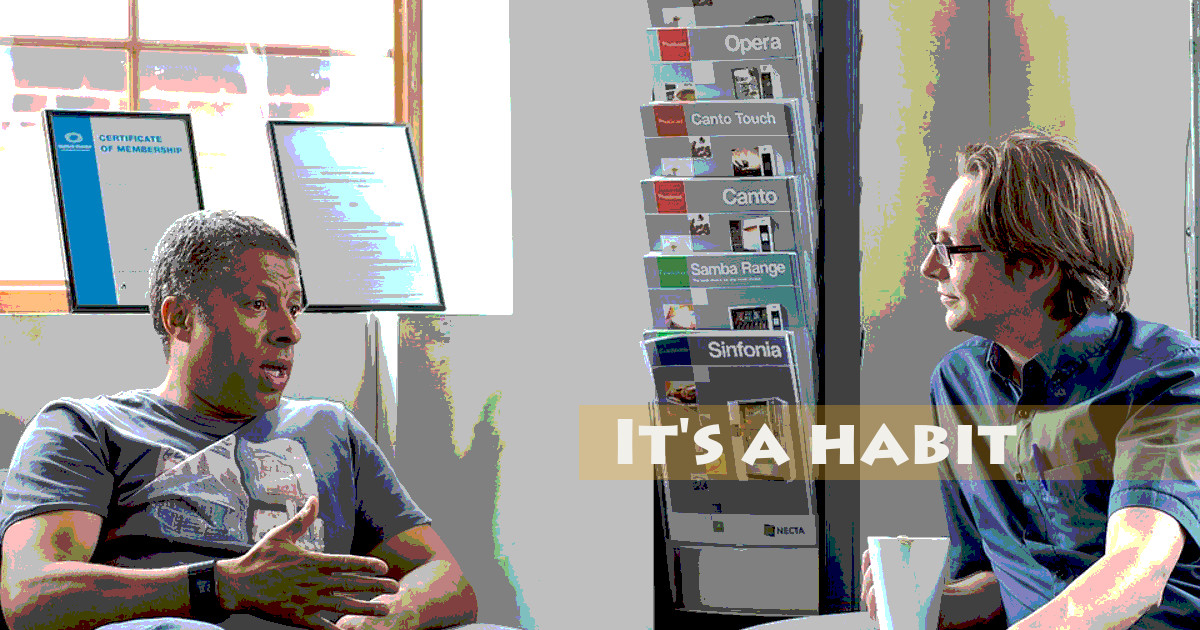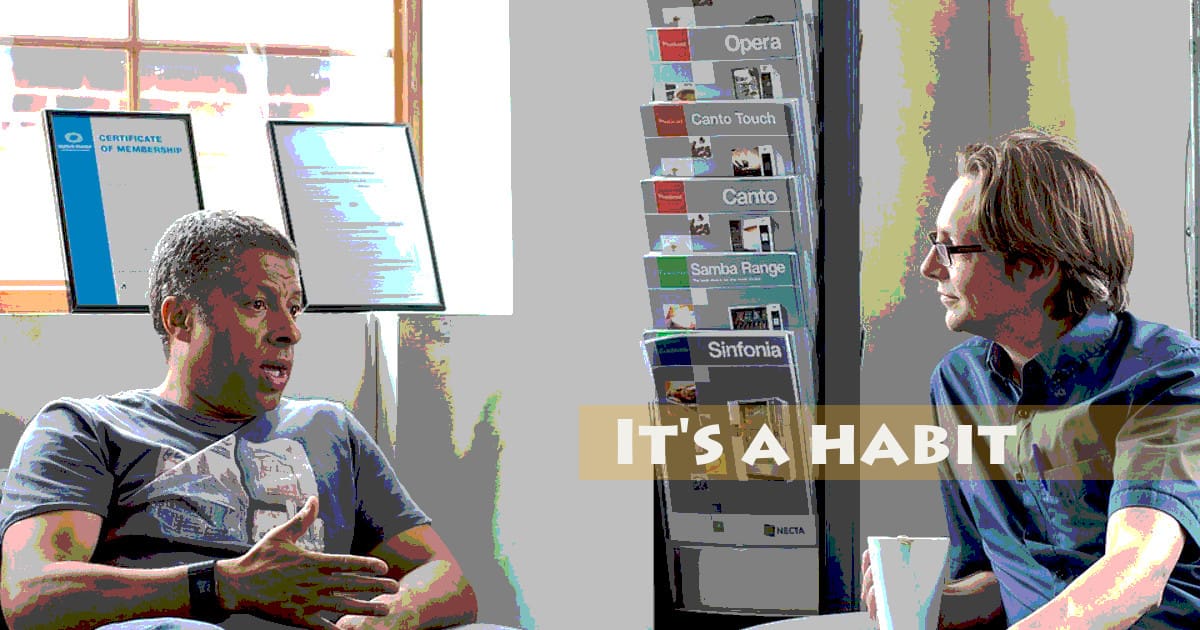Habits and Systemic Change: A Reflection
A Latin proverb warns us “The power of habit is great.”

We also know this from our spiritual formation. Wise spiritual directors counsel us to pray daily, to make it a habit, and our life will always have a solid foundation. Of course St. Vincent goes even further when he says a person of prayer will be capable of anything.
The insightful book The Power of Habit describes the power of inter-related cues, habits and (perceived) rewards in life, and argues that the right habits enrich our lives, make corporations successful, and sustain broader social movements.
Habits may not be destiny but they do help explain why we do what we do.
Habits act almost independently. Once a habit is established, the brain stops fully participating in the decision-making process. Automatic routine sets in, a kind of auto-pilot. And habits emerge with or without our permission. So intentionally developing habits is key.
Whether Starbucks concentrating laser-like on willpower in its employee training, or Alcoa Aluminum emphasizing employee safety above all else, selecting one specific element as the foundational value to build around, when everyone is focused on the one same value, the whole company changes in multiple ways.
As we work for the consistency that defines “habit,” the advice of community organizers is helpful in this regard: go for small wins first, which can lead to bigger ones down the road. If the goal is to lose weight, make exercise a habit, but start small—set regular time for exercise. Worry about diet or other factors later, start with one small change, but be consistent. A successful small win can lead to sweeping changes for organizations and for people.
Perhaps the Vincentian Family could emphasize the development of an essential pastoral habit by first seeking one small win: to listen carefully to the people we serve. To ask their opinion, to give them a say, especially in telling us what their real needs are and what effective pastoral responses might be. Instead of simply implementing our already-written strategic or pastoral plans, built on what we think it best to do, let us listen carefully—always a difficult task—as we consult our people, especially the poor, about the real problems and issues in their lives.
This one small change, beginning everything with good listening, carried out systematically, can lead slowly and surely to the formation of a habit to do so. And the habit of listening to the poor is essential in developing a systemic change mindset: to work from the perspective of the poor, and to engage them, and their talents and abilities, in carrying out our Vincentian mission.
 Jim Claffey just retired from the St. Vincent de Paul Society on Long Island, where he served as Director of Formation and Programs. Jim currently serves as the executive secretary of the Vincentian Family’s International Commission to Promote Systemic Change.
Jim Claffey just retired from the St. Vincent de Paul Society on Long Island, where he served as Director of Formation and Programs. Jim currently serves as the executive secretary of the Vincentian Family’s International Commission to Promote Systemic Change.







0 Comments